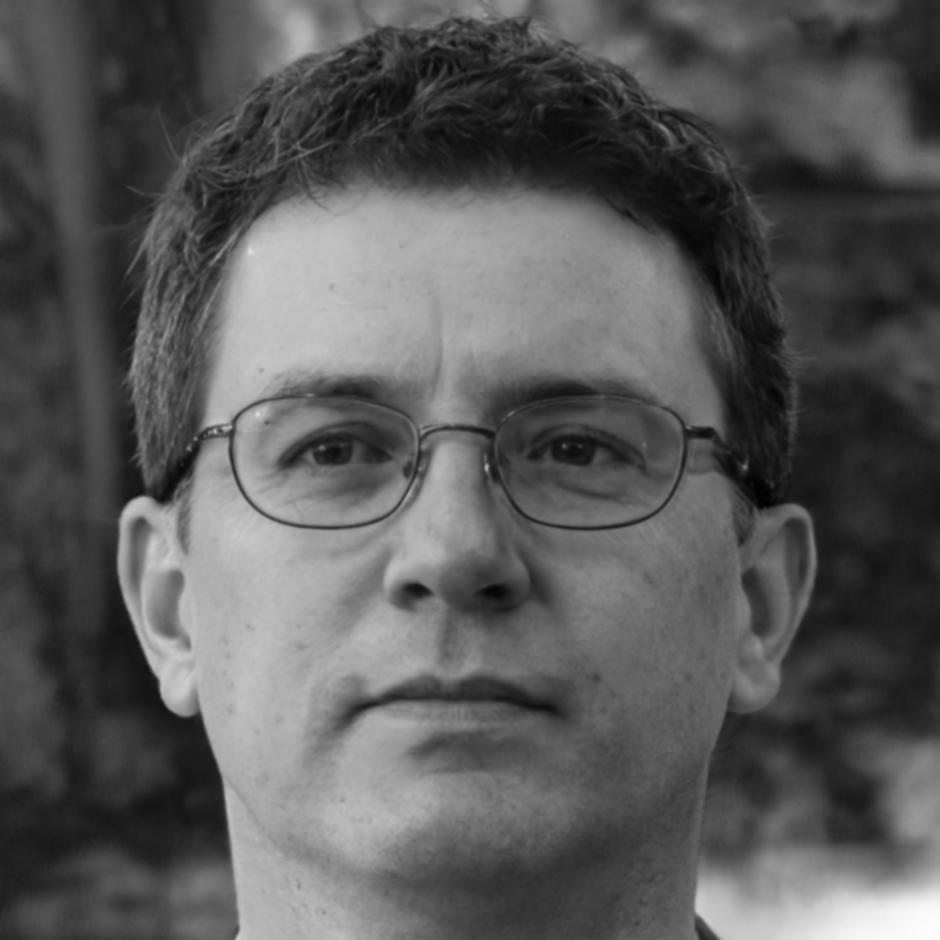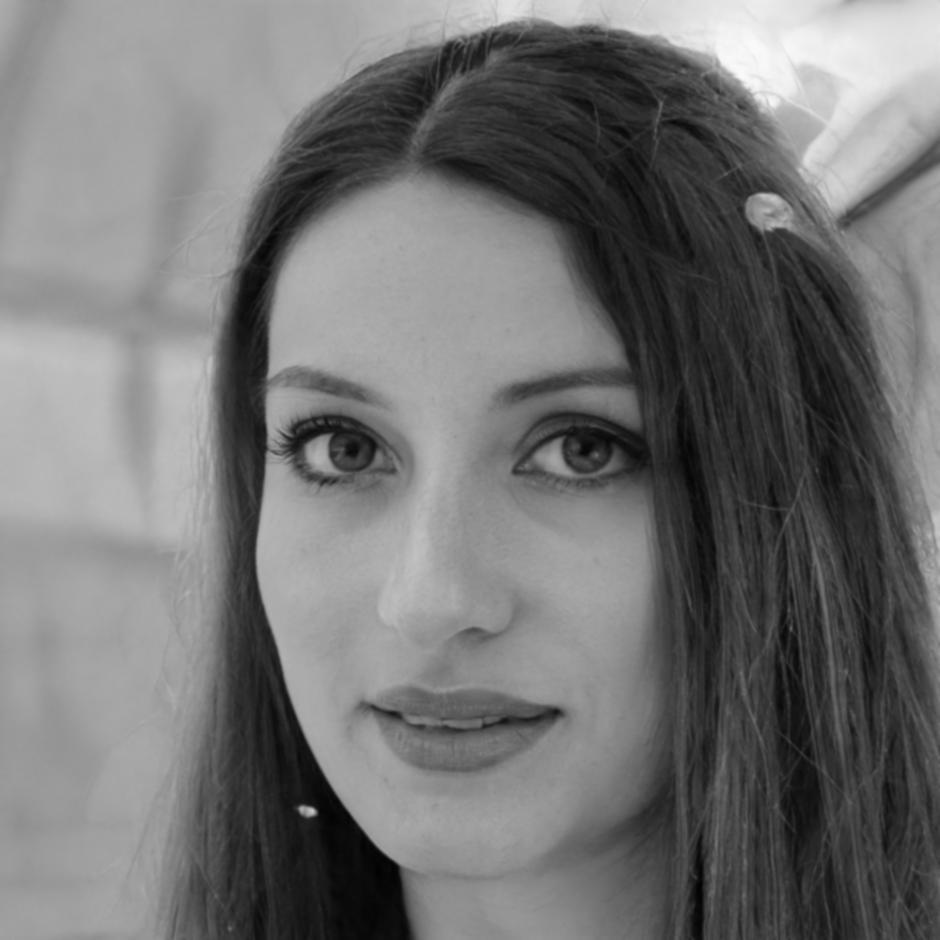
Vano Beridze
Lead Instructor, Engine Integration
Spent eight years building AR applications for industrial training before realizing most developers never learned proper engine architecture. Now focuses on teaching students how Unity and Unreal actually handle spatial computing — not just the marketing promises.


